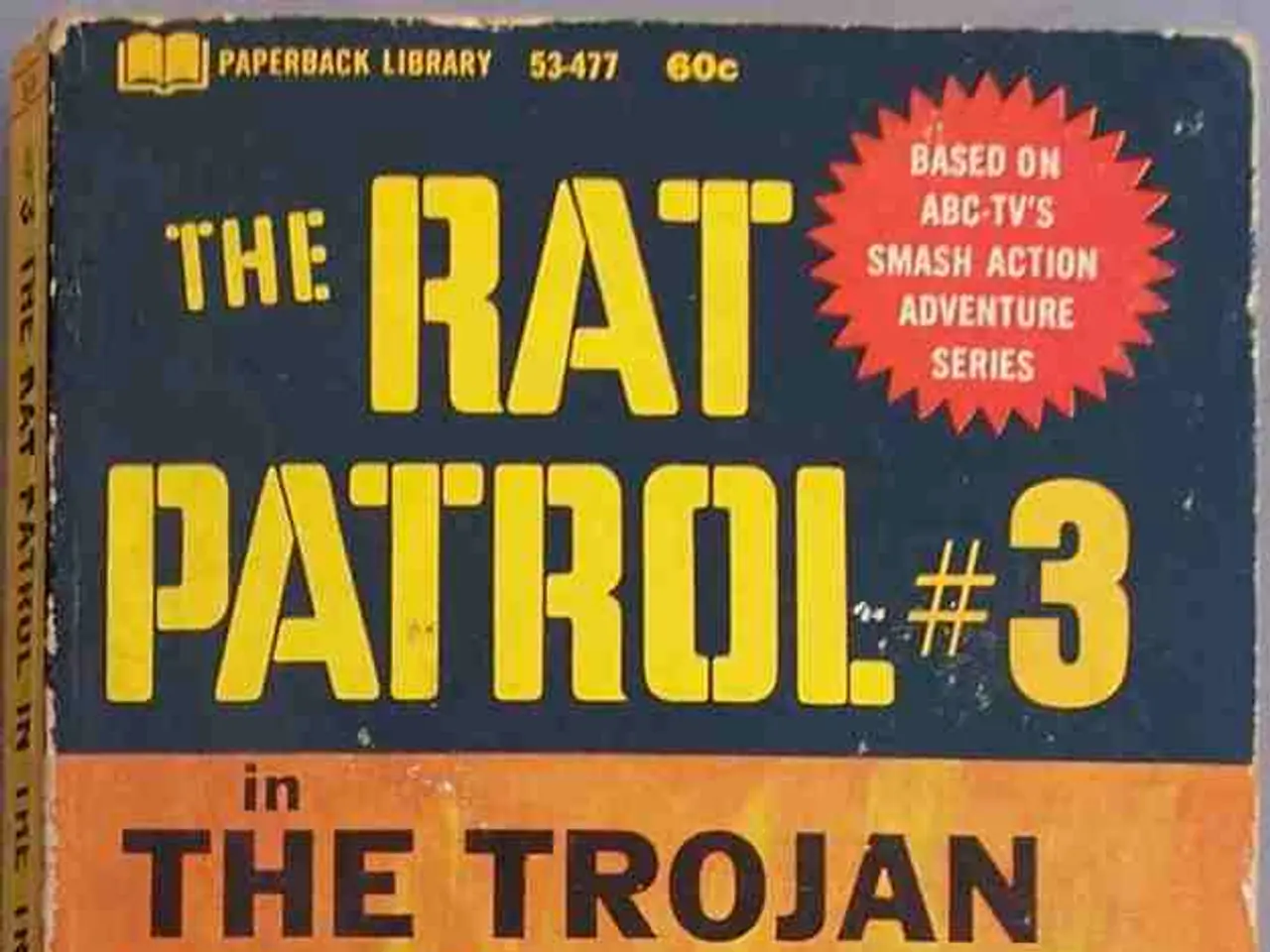Twenty-six nations consider deploying troops to aid Ukraine's peacekeeping efforts - Countries aim to deploy military forces to Ukraine (26 nations considering deployment)
In a significant development, twenty-six Western countries have agreed to send or support troops to Ukraine as part of a stabilizing or security guarantee mission. This announcement was made following consultations of the "Coalition of the Willing" in Paris, led by France and EU Commission President Ursula von der Leyen.
The force, intended to secure peace between Russia and Ukraine, will have neither the will nor the goal to wage wars against Russia, according to French President Emmanuel Macron. The deployment is aimed at sending a clear strategic signal, he added.
NATO Secretary-General Mark Rutte defended ongoing plans for European troops in Ukraine after a potential ceasefire with Russia. Moscow's rejection of such a troop presence is irrelevant, according to Rutte. The countries have agreed to deploy ground troops, forces in the air, or at sea for support.
Germany, however, remains cautious about any involvement and has not yet committed to any contributions. Chancellor Friedrich Merz (CDU) stated that financing, arming, and training Ukrainian forces must be addressed before any German involvement.
The US Special Envoy Steve Witkoff attended the Paris meeting, and President Trump was briefed during a one-and-a-half-hour phone call afterward. Concrete US commitments have yet to materialize after Ukrainian President Volodymyr Zelensky's recent visit to Washington. During the phone call, new sanctions to halt Russia's war efforts were discussed if Moscow continues to reject concrete peace talks.
The force will be deployed within the framework of a ceasefire, not on the front line, but in areas that are currently being determined. Strengthening the Ukrainian army after the war was highlighted as the most important element of security guarantees for Ukraine, aside from troop deployment.
Twenty-six countries, including Germany, Italy, Poland, France, and the United Kingdom, have agreed to participate. The Czech Republic holds off on discussion of troop deployment, while Lithuania is cautious. Spain and Portugal hinted months ago at potential participation in a peace mission. Greece, Slovakia, Italy, Cyprus, Poland, Austria, Romania, Slovenia, Croatia, and Hungary declined to deploy troops but expressed willingness to support future peace in Ukraine through other means, such as logistical support or training Ukrainian soldiers.
Notably, Sweden is ready to secure peace in Ukraine through airspace monitoring and from the sea. The Netherlands has stated it can provide assistance by air, sea, and land. France and Britain have agreed to send several thousand soldiers. Denmark, Estonia, and Lithuania have also pledged troops.
However, Russia rejects Western considerations for security guarantees, including the deployment of troops from NATO countries to Ukraine, according to Russian Foreign Ministry spokeswoman Maria Zakharova. Russia is prepared to continue the war if no agreement satisfactory to Moscow is reached, Russian President Vladimir Putin said on Wednesday.
European NATO members would bear the brunt of any deployment, but have emphasized that they cannot proceed without US reassurance. The countries are preparing to send troops to secure a ceasefire or peace between Russia and Ukraine, with the goal of maintaining peace and sending a clear strategic signal.
Read also:
- Voting location now active for citizens to cast their ballots.
- Federal clash in California: two legal cases could potentially align, as a notice is published in the Federal Register
- "Local Democrats in the Bronx offering support for Zohran"
- Federalist Society Deserves Gratitude from Trump for Judicial Appointments








